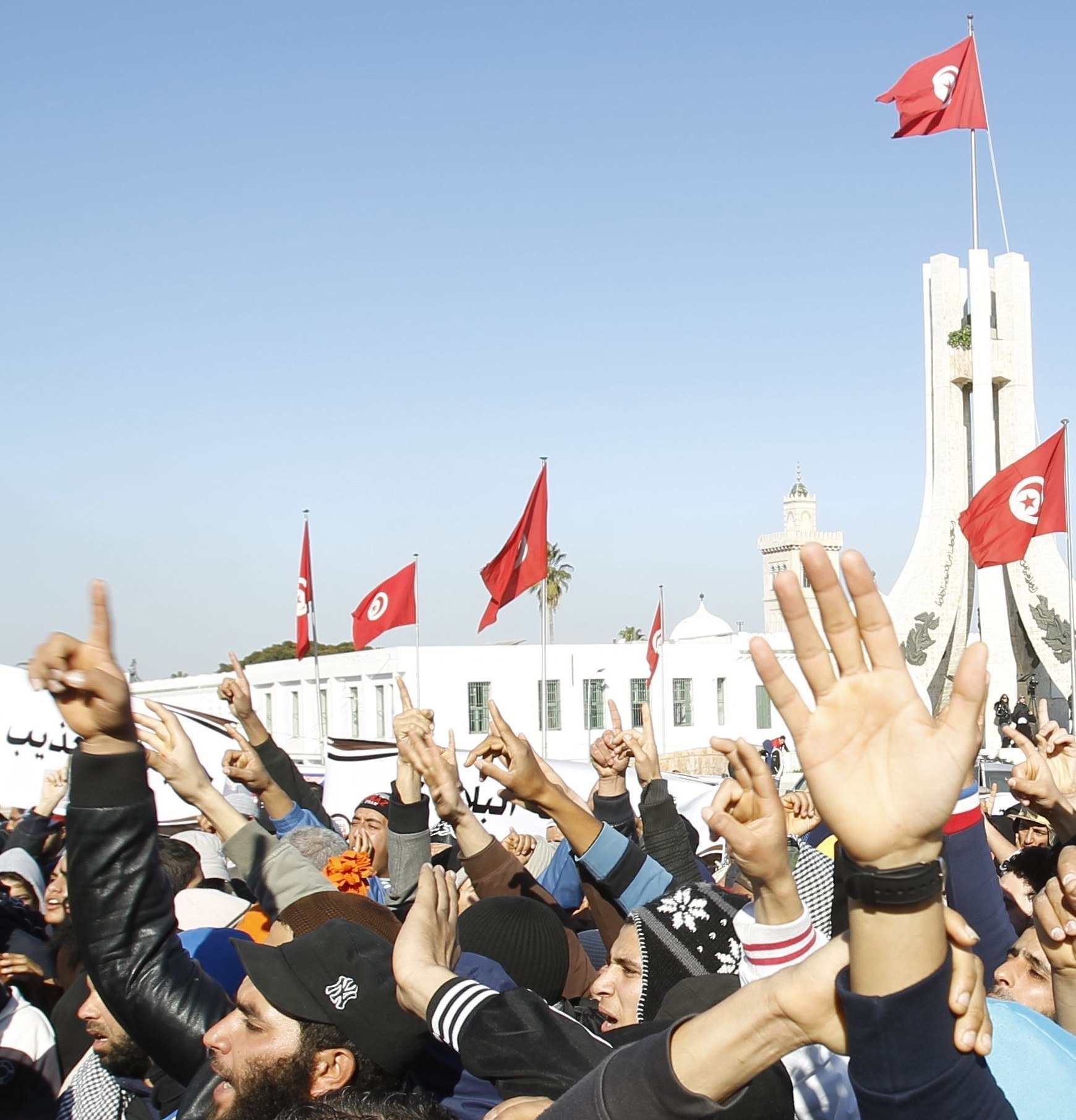Unexpected win: Democracy-building group wins Nobel Peace Prize
A Tunisian democracy group won the Nobel Peace Prize on Friday for its contributions to the first and most successful Arab Spring movement. The Norwegian Nobel Committee cited the Tunisian National Dialogue Quartet “for its decisive contribution to the building of a pluralistic democracy” in the North African country following its 2011 Jasmine Revolution. The prize is a huge victory for small Tunisia, whose young and still-shaky democracy suffered two attacks by extremists this year that killed 60 people and devastated the tourism industry.
It established an alternative, peaceful political process at a time when the country was on the brink of civil war.
Nobel Peace Prize committee
On the eve of Friday’s announcement, Pope Francis and a lineup of anti-nuclear campaigners, including Secretary of State John Kerry and his Iranian counterpart Javad Zarif, headed lists of favorites to win. The pontiff’s opposition to nuclear weapons and stance on climate change were widely seen as boosting his chances, along with his help in brokering a deal between the U.S and Cuba. Angela Merkel, the German chancellor, had been given odds as low as 2-1 to win for her role in seeing the country accept large numbers of new arrivals amid Europe’s refugee crisis. There were 273 candidates nominated for the 2015 peace prize, five fewer than in 2014.

World nobel peace prize